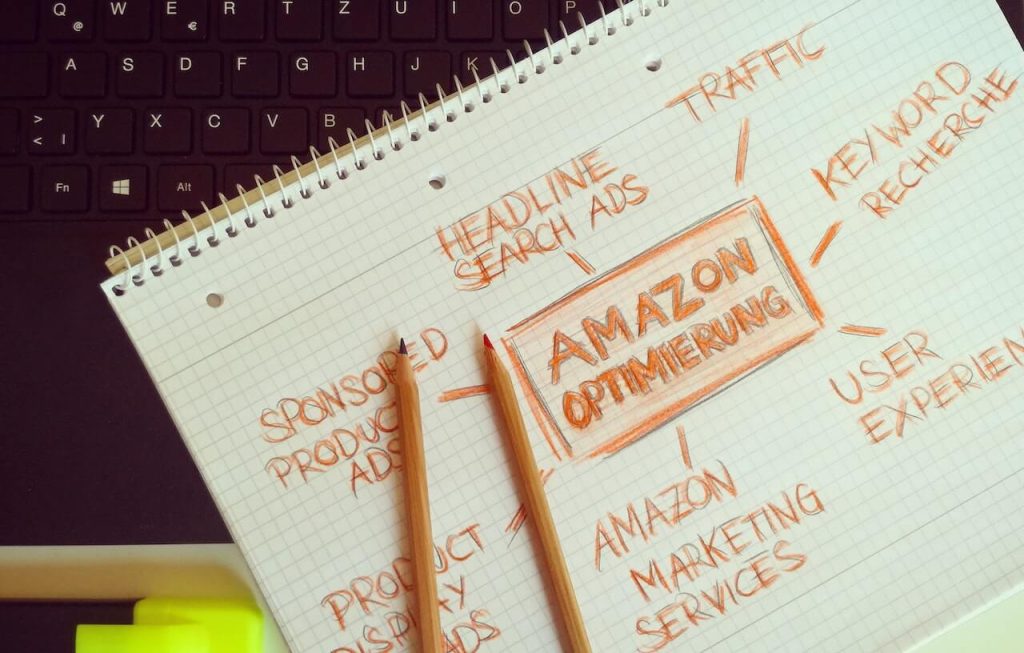
AI has been making waves across various industries, and the field of search engine optimization (SEO) is no exception.
AI technologies are revolutionizing the way SEO professionals approach their work, offering new opportunities and challenges in optimizing websites for search engines. Here are some ways in which AI may affect the SEO industry.
Enhanced Search Engine Algorithms
Search engines like Google are increasingly relying on AI algorithms to deliver more accurate and relevant search results. AI helps search engines better understand user intent and context, enabling them to provide more targeted and personalized search results. As a result, SEO professionals need to adapt their strategies to optimize for AI-driven algorithms, focusing on user experience, relevant content, and semantic search.
Natural Language Processing (NLP)
NLP, a branch of AI, enables machines to understand and process human language. This technology has significant implications for SEO, particularly for keyword research and content optimization. AI-powered tools can analyze vast amounts of textual data, identify semantic relationships, and determine user intent, helping SEO professionals create content that aligns with search queries more effectively.
Voice Search Optimization
The rise of voice assistants like Siri, Alexa, and Google Assistant has transformed the way people search for information. AI plays a crucial role in voice search optimization, as it enables voice assistants to understand and respond to spoken queries. SEO professionals must consider the conversational nature of voice searches and optimize their content to match long-tail, natural language queries, rather than traditional keyword-based searches.
Automated Content Generation
AI has the potential to automate certain aspects of content creation, including generating blog posts, product descriptions, and news articles. While this technology is still developing, it could significantly impact the SEO industry. SEO professionals may need to find ways to leverage AI-generated content while ensuring its quality, relevance, and uniqueness to maintain search engine rankings.
User Experience and Personalization
AI-driven algorithms can analyze user behaviour, preferences, and historical data to provide personalized search results. This means that WordPress SEO professionals need to focus on optimizing the user experience on websites, ensuring fast loading times, mobile responsiveness, and intuitive navigation. Furthermore, understanding user preferences and tailoring content to meet their specific needs can help boost rankings and improve overall engagement.
Automation and Data Analysis
AI-powered tools can automate repetitive SEO tasks, such as keyword research, on-page optimization, and backlink analysis. This automation allows SEO professionals to save time and focus on more strategic initiatives. Additionally, AI’s ability to process and analyze large datasets enables better insights into website performance, keyword trends, and competitor analysis, leading to more informed decision-making.
Evolving SEO Strategies
AI’s impact on the SEO industry means that professionals need to continually adapt their strategies to keep up with changing algorithms and technologies. Staying updated with the latest AI developments, understanding how search engines incorporate AI into their ranking factors, and leveraging AI-powered tools can help SEO professionals stay ahead of the curve.
In conclusion, AI is reshaping the SEO industry by influencing search engine algorithms, content creation, user experience, and automation. SEO professionals who embrace AI technologies, adapt their strategies, and leverage the power of AI-driven tools will be well-positioned to succeed in this evolving landscape.


